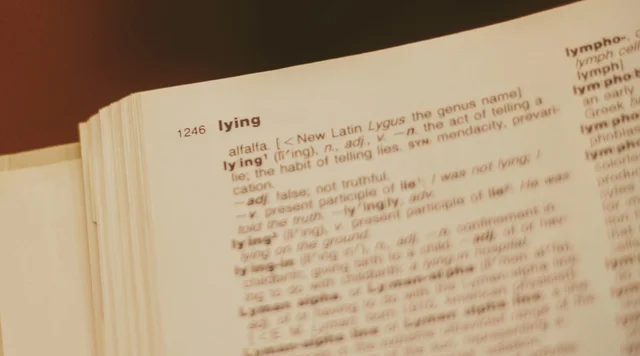
I've had this come up a couple of times lately, and an opinion came out on Friday that addresses it.
Here is an example scenario: Each side has a discovery dispute. The Court sets a briefing schedule with opening, answering, and reply 3-page briefs. Can each side spend half of its opening brief pre-briefing the other side's issues? Should they?
Judge Fallon resolved this on Friday with a clear "No". You wait for the other side to file their brief, and then respond:
ORAL ORDER re 49 Joint Motion for Discovery Dispute Teleconference. . . . Plaintiff's motion to compel . . . is GRANTED-IN-PART. . . . The relief requested in Defendant's moving letter submission is DENIED as moot. (D.I. 59) Defendant raises no affirmative grounds for relief in its "moving" submission and instead provides additional argument in opposition to Plaintiff's request for interim discovery deadlines. Defendant's briefing falls outside the Court's discovery dispute procedures, which are in place to enable the Court to address discovery disputes on an expedited basis without extended briefing.
Orca Security Ltd. v. Wiz, Inc., C.A. No. 23-758-JLH (D. Del. May 17, 2024)
Some attorneys seem to think that pre-arguing like this offers an advantage, in that it gives you a chance to have the last word on some of the issues, at least for judges who offer a reply brief.
Judge Fallon's order shows, though, that this is inconsistent with the Court's procedures (or at least Judge Fallon's), and you are likely at risk of having the Court disregard your side of the briefing if you do it.
If you enjoyed this post, consider subscribing to receive free e-mail updates about new posts.






